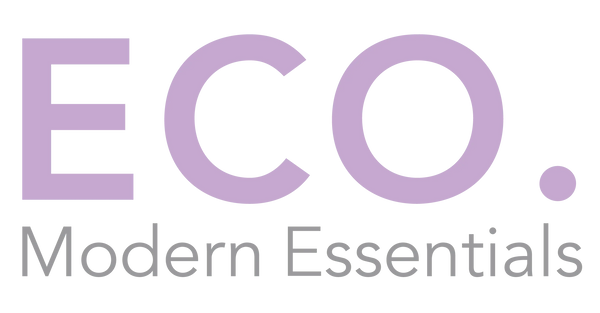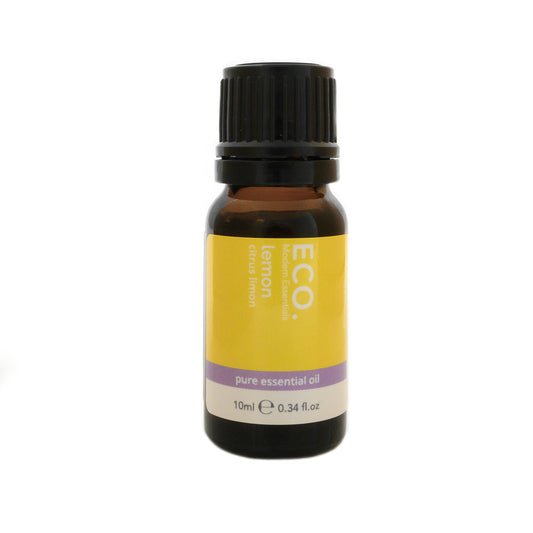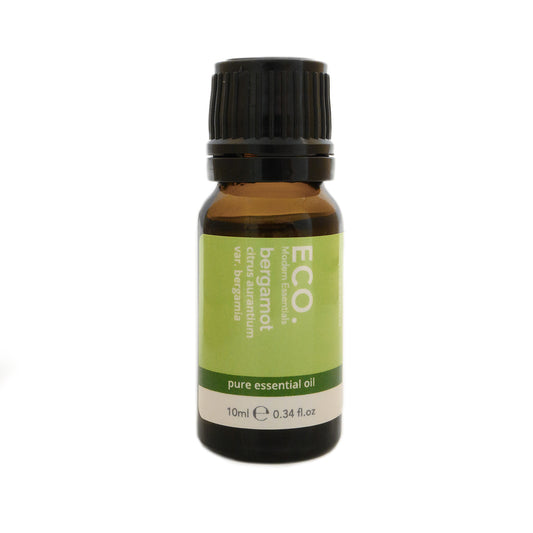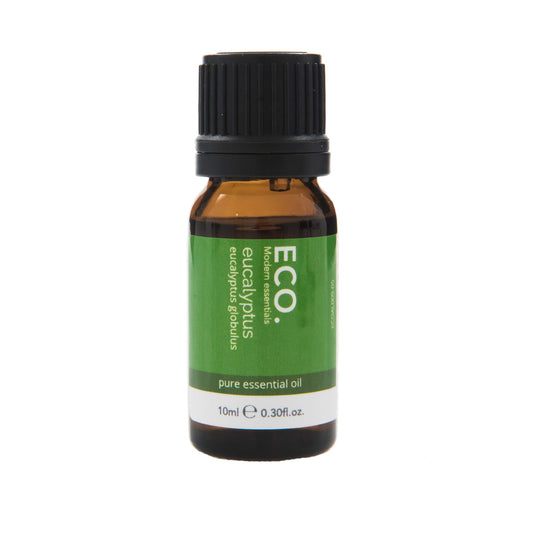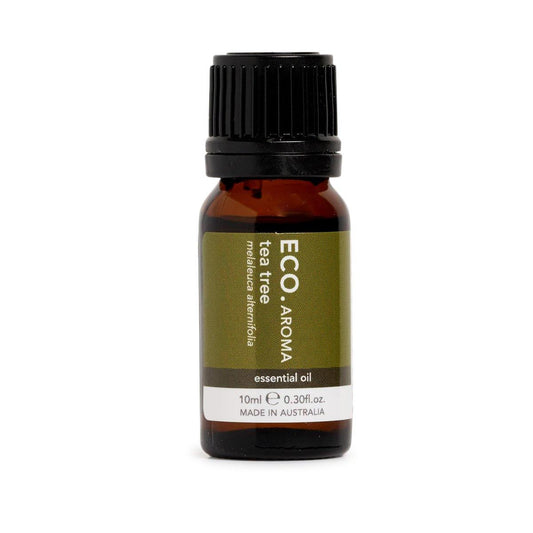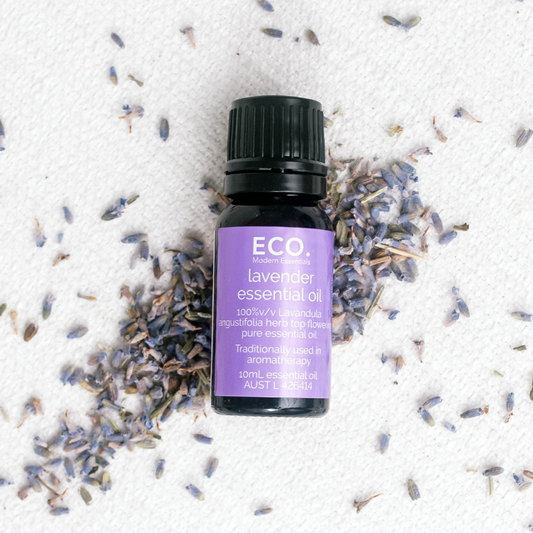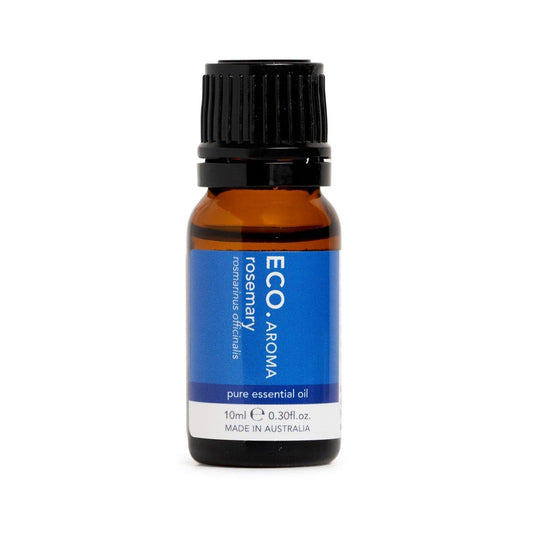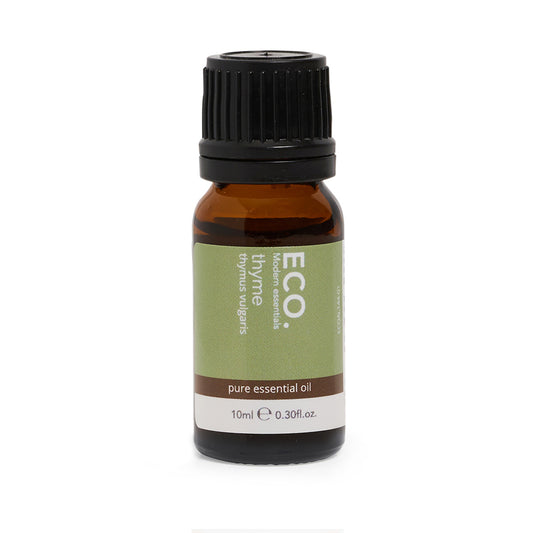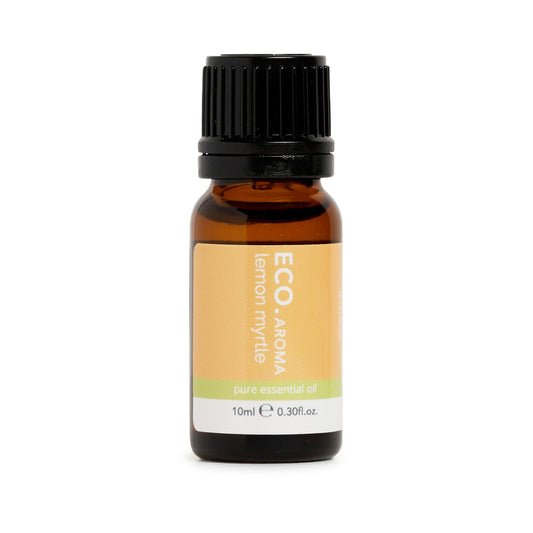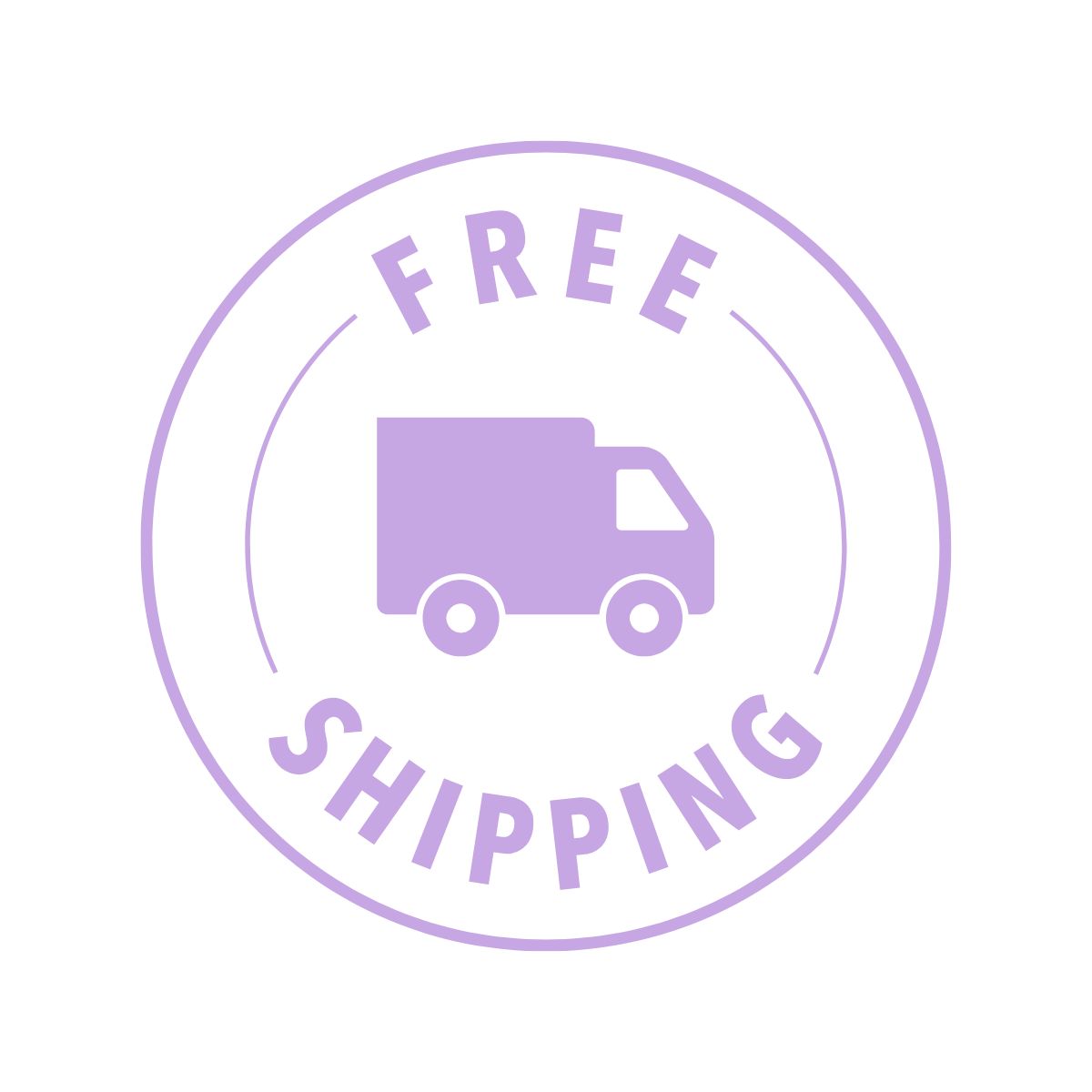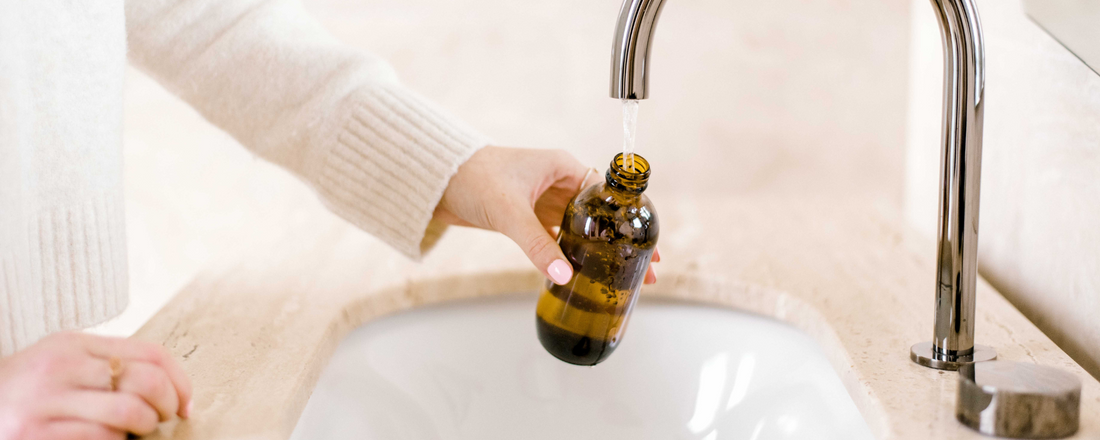
Essential Oils vs. Traditional Cleaners: What Actually Works?
An Aromatherapist’s Perspective on Natural Alternatives and Why It Might Be Time to Rethink What’s Under Your Sink
If you have found your way to this blog you are probably interested in alternatives to store bought cleaners. You might be concerned about how the ingredients in those products impact on you. Creating a low-tox home protects the health of your family and the planet. Finding alternatives to store bought cleaning products is a great place to start. Most of the time cleaning products containing harsh ingredients and synthetic fragrances that are simply unnecessary.
Home Made Cleaning Products:
- are made with simple, low-cost ingredients that are easy to find at your local store.
- help us avoid toxic fumes from harsh ingredients and synthetic fragrances.
- are usually safer. Less chance of harming children and pets if they accidentally consume harsh commercial cleaners.
- reduce rubbish because you can keep reusing the same container to store your cleaning products.
- are kinder on our beautiful environment. All those chemical nasties have to go somewhere. Consider that your cleaning products may be adding toxins into the air or the sea as they get washed down the drain.
Many commercial cleaners contain ingredients like bleach or ammonia. Both can irritate lungs, eyes and skin. True, some essential oils can also cause skin irritation but the beauty of making your own products is that you know what is in them and you can decide what is safe for you and your family. All Essential oils have many overlapping properties. If you decide not to use Eucalyptus because you have a baby at home, you could switch it for another essential oil such as Tea Tree with its powerful antimicrobial properties or Lemon for its deodorising aroma.
Read On To Find Out:
- How Essential Oils Work: Antibacterial, antiviral, antifungal and antimicrobial properties.
- Eco-Friendly Swaps.
- How aroma shifts the feeling of a space while you clean.
How Essential Oils Work and Which Ones To Use:
In the lab, we can see that essential oils clear up many germs in a Petrie dish. There are still a few gaps in our knowledge about exactly how this works, but we do know that some essential oils disrupt the membrane or outer layer of microbe so they can’t survive. Essential oils also create hostile environments for the pathogen, limiting their growth and survival rates. And importantly, essential oils boost our immune system, so that we have a better chance of fighting off infections.
Antimicrobials: Essential oils that give broad spectrum protection against different types of germs.
- Lemon
- Bergamot
- Eucalyptus
- Tea Tree
- Rosemary
- Thyme
- Lemon Myrtle
Anti-bacterial: Essential oils that are good for food prep areas, bedroom, bathroom, door handles.
- Bergamot
- Lemon
- Eucalyptus
- Lavender
- Tea Tree
- Rosemary
- Clove Bud
- Thyme
Anti-fungal: Essential oils that are good for bathrooms, toilet, laundry.
- Lemon
- Mandarin
- Eucalyptus
- Lavender
- Tea Tree
- Peppermint
- Geranium
- Patchouli
- Clove Bud
- Spanish Marjoram
- Thyme
Anti-viral: Essential oils perfect for diffusing during flu season, add to handwash and hand sanitisers.
- Bergamot
- Lemon
- Eucalyptus
- Tea Tree
- Niaouli
- Peppermint
- Ravensara
- Rosemary
- Clove Bud
- Thyme
Eco-Friendly Swaps
It’s easy to swap store bought cleaners for these simple and effective low-tox cleaning alternatives. For extra disinfecting power add a few drops of your chosen essential oil to the bi carb or vinegar. Always surface test first.
| Instead Of: | Try: | Just: |
| Disinfectant | Antimicrobial essential oils such as Tea Tree, Lemon Myrtle, Eucalyptus, Lavender | Fill a spray bottle with water and add up to 5 drops of essential oil per 100ml of water. |
| Bench and bathroom cleaners | Bi carb, and a few drops of anti-bacterial essential oils | Sprinkle over surface and gently scrub with a clean, damp cloth. |
| Drain cleaner | Bi carb, vinegar, and a few drops of essential oil to deodorise | Tip a cup of bi carb down the sink and pour up to a cup of vinegar down the sink. The bubbling actions loosens and dislodges clogs. |
| Window and mirror cleaners | Vinegar | Add to a spray bottle with a few drops of eucalyptus or lemon essential oil. |
| Remove soap scum | Lemon juice | Soak area in lemon juice and scrub well with microfibre cloth. |
| Removing sticky residue | Olive oil and eucalyptus essential oil | Rub olive oil or eucalyptus over area and gently remove residue with a lint-free cloth. |
| Descale the kettle | Lemon juice or vinegar | Pour into kettle and leave for one hour. Rinse and wipe with a microfibre cloth. |
| Hand wash | Liquid castile soap and anti-bacterial/anti-viral essential oils | Add castile soap to a pump bottle, adding 20 drops of essential per 100ml of soap. |
Aromas to Create Change While You Clean
One of the most valuable gifts of essential oils is the way that the aromas can make us feel. Essential oils can change the atmosphere of a space instantly. After you have cleaned with your essential oil infused cleaning products, notice how you feel. How does the room feel? If the feeling in a room needs a shake-up try adding these essential oils to your cleaning products.
Essential oils for shifting negativity after a disagreement or unhelpful self-talk:
- Lemon
- Bergamot
- Tea Tree
- Peppermint
- Juniper berry
- Clove bud
- Eucalyptus
Essential oils for creating calm
- Lavender
- Geranium
- Mandarin
- Patchouli
Essential oils for motivation and energising
- Rosemary
- Peppermint
- Lemon Myrtle
- Thyme
- Eucalyptus
Creating a low-tox home is easy. Start with your own homemade cleaning products. For most cleaning jobs around the home harsh chemicals and synthetic fragrances are not necessary. By making simple and cost-effective swaps you are being kind to yourself, you are protecting your family’s health and you are showing care by protecting our precious environment.
